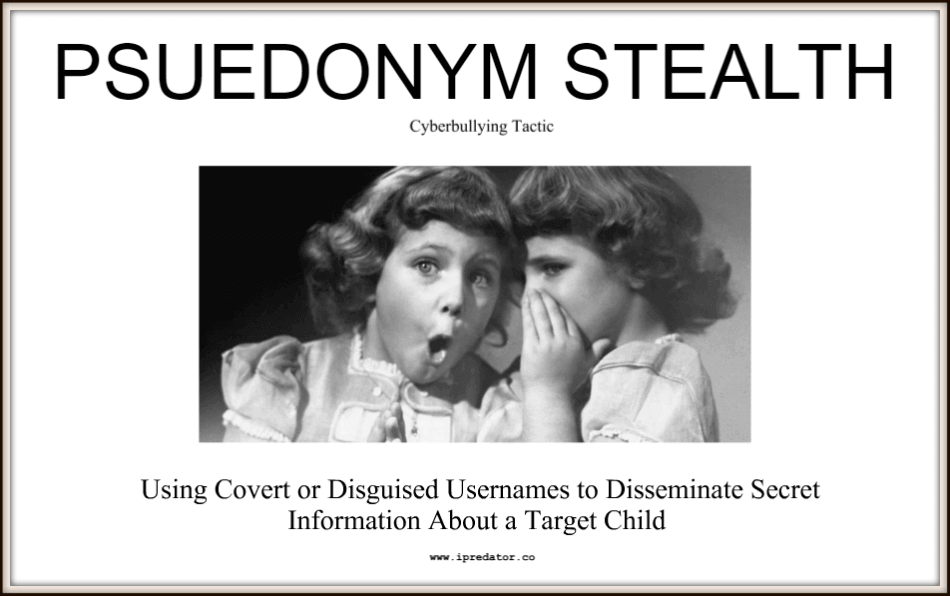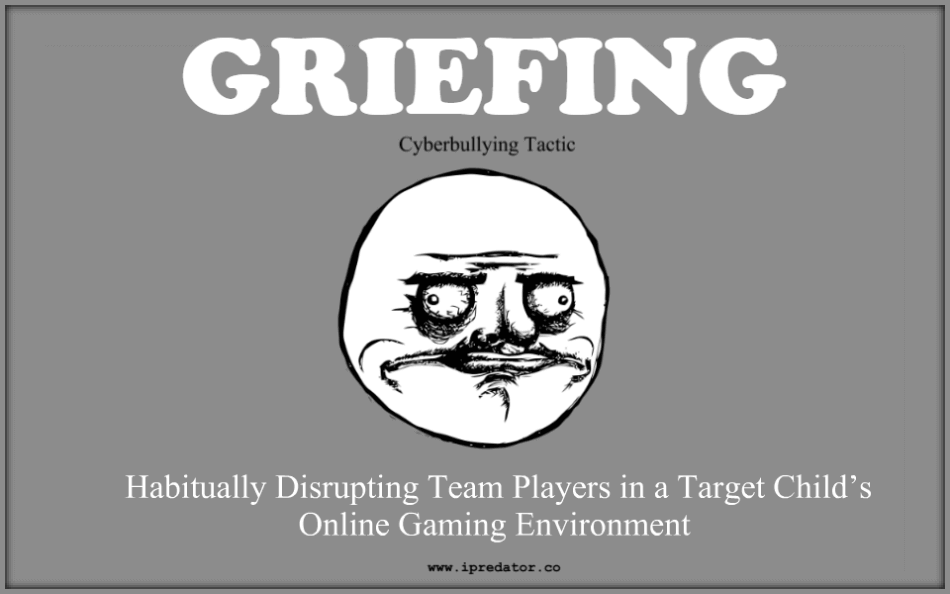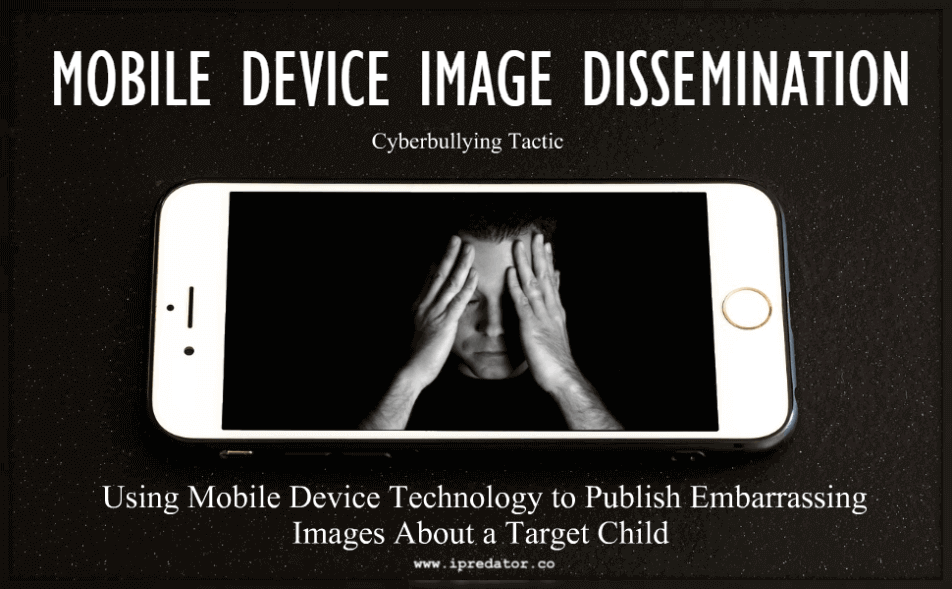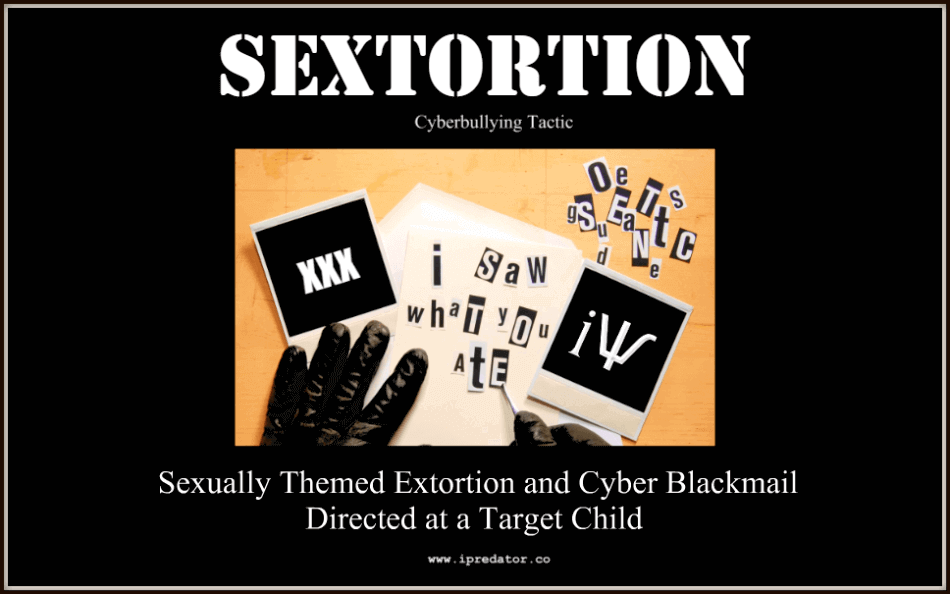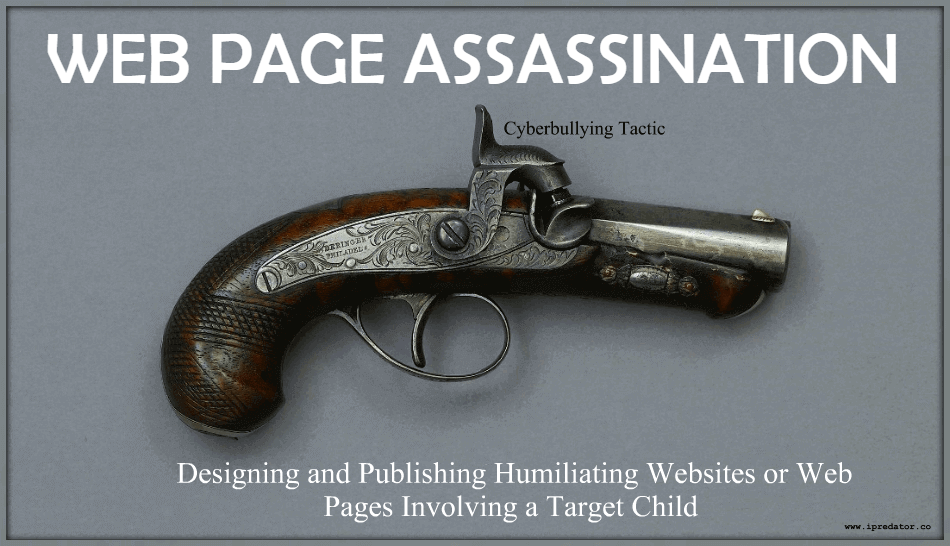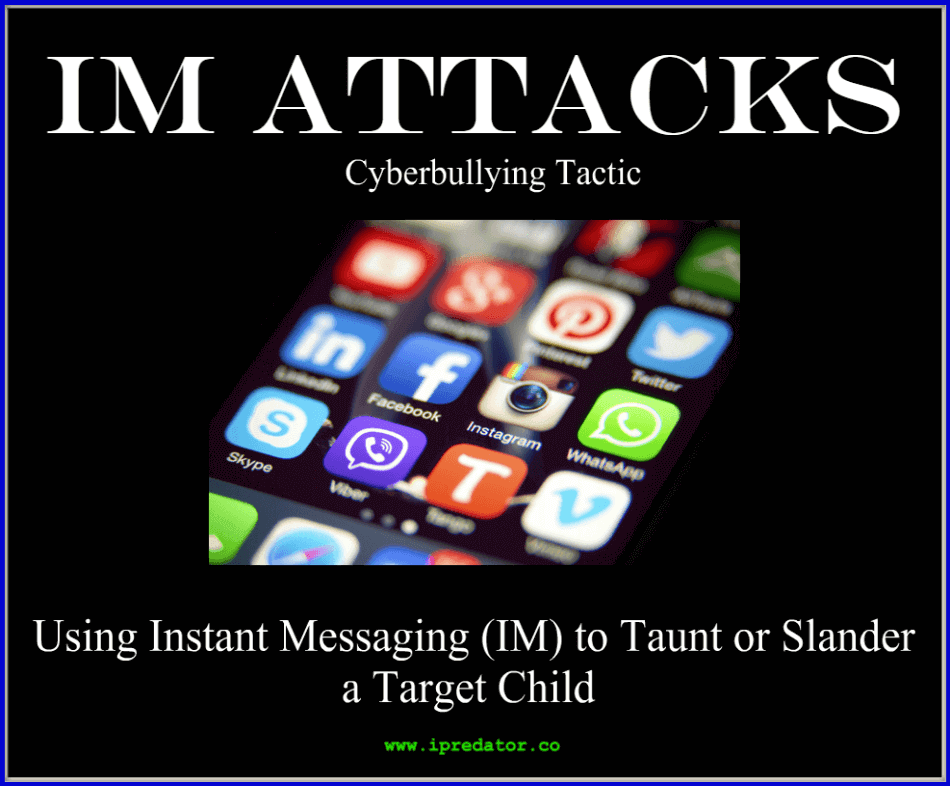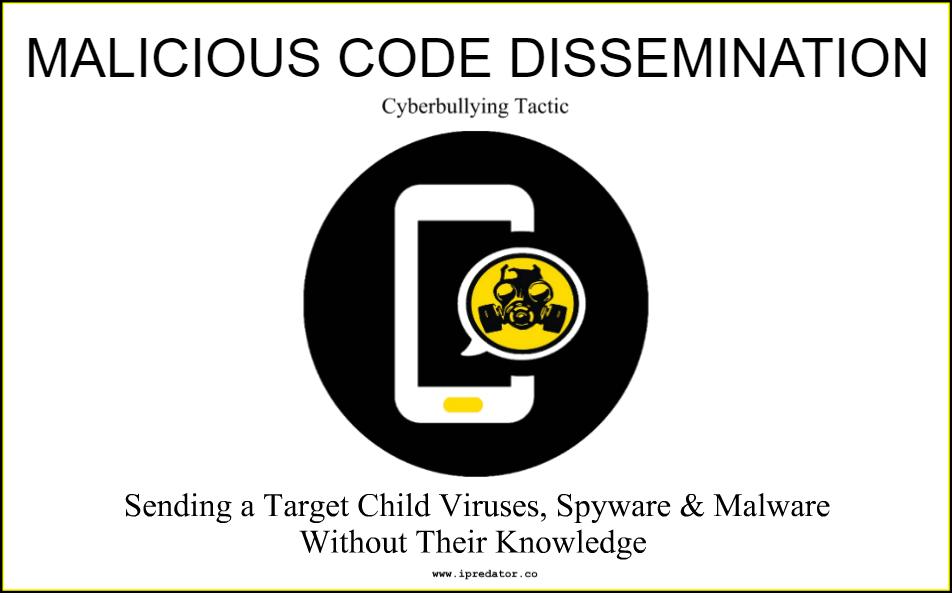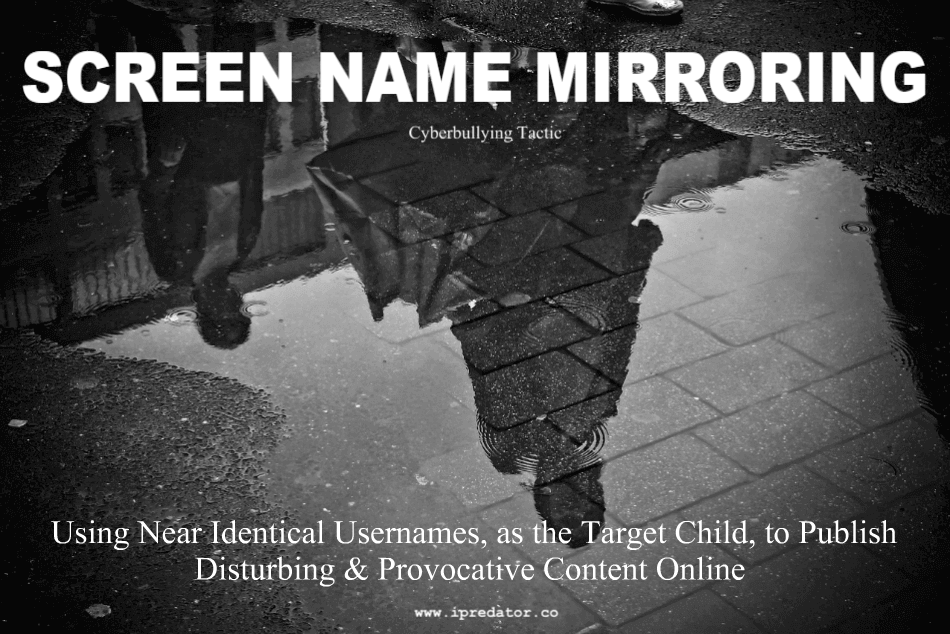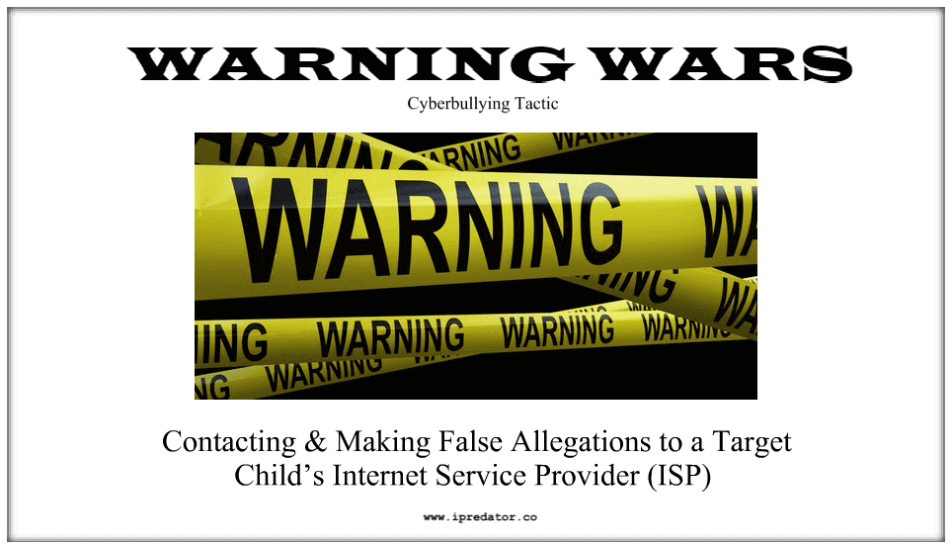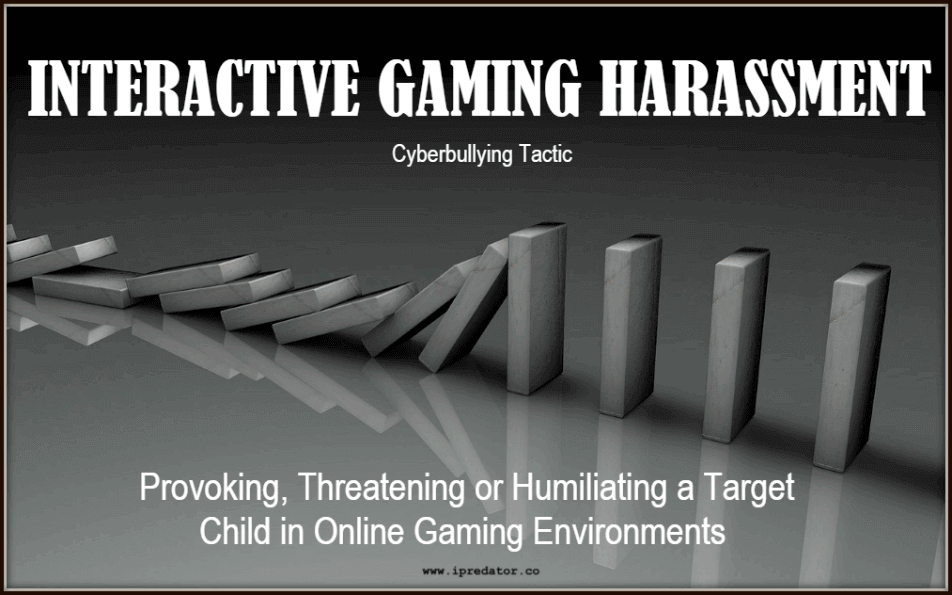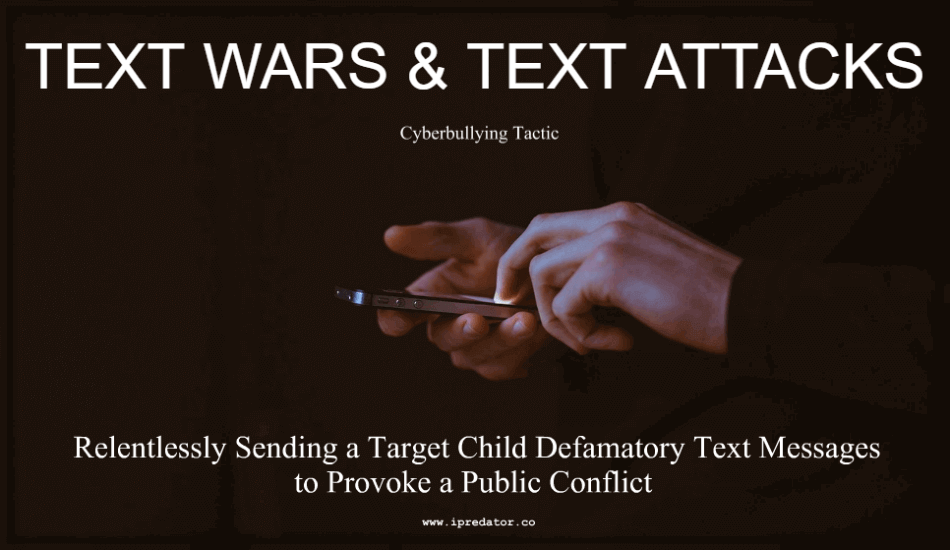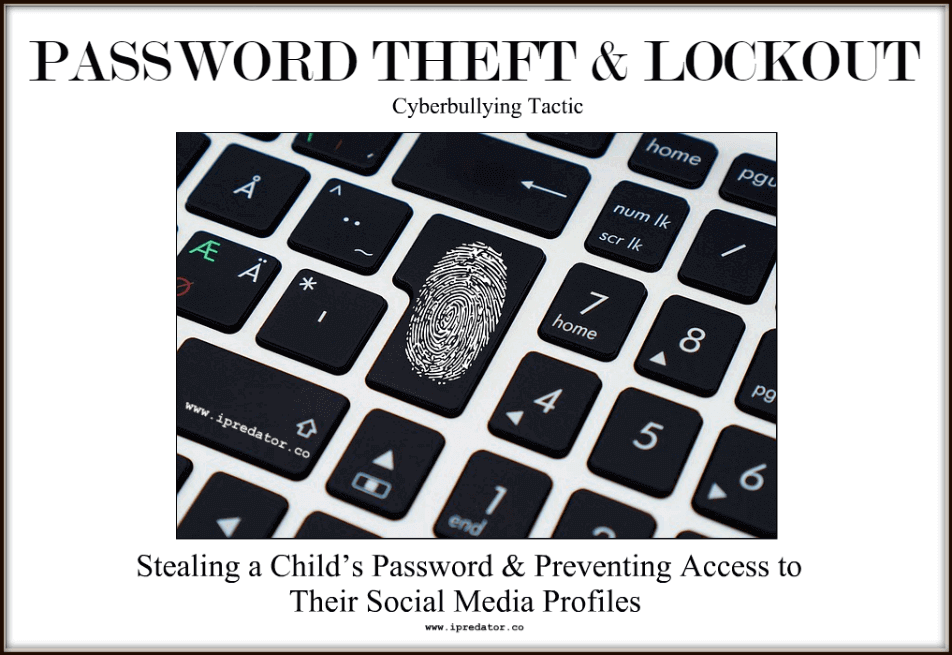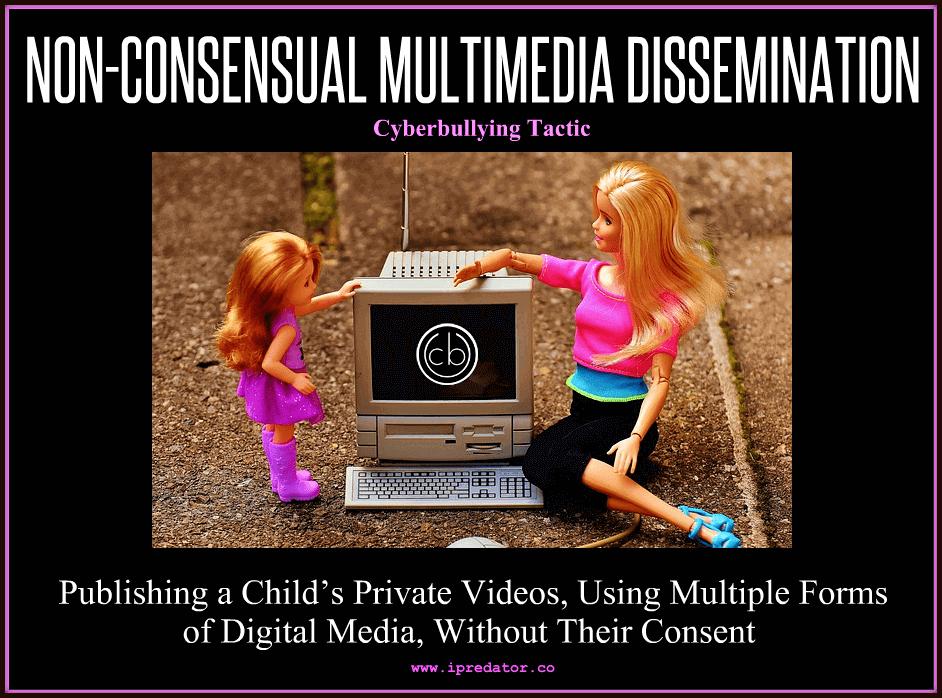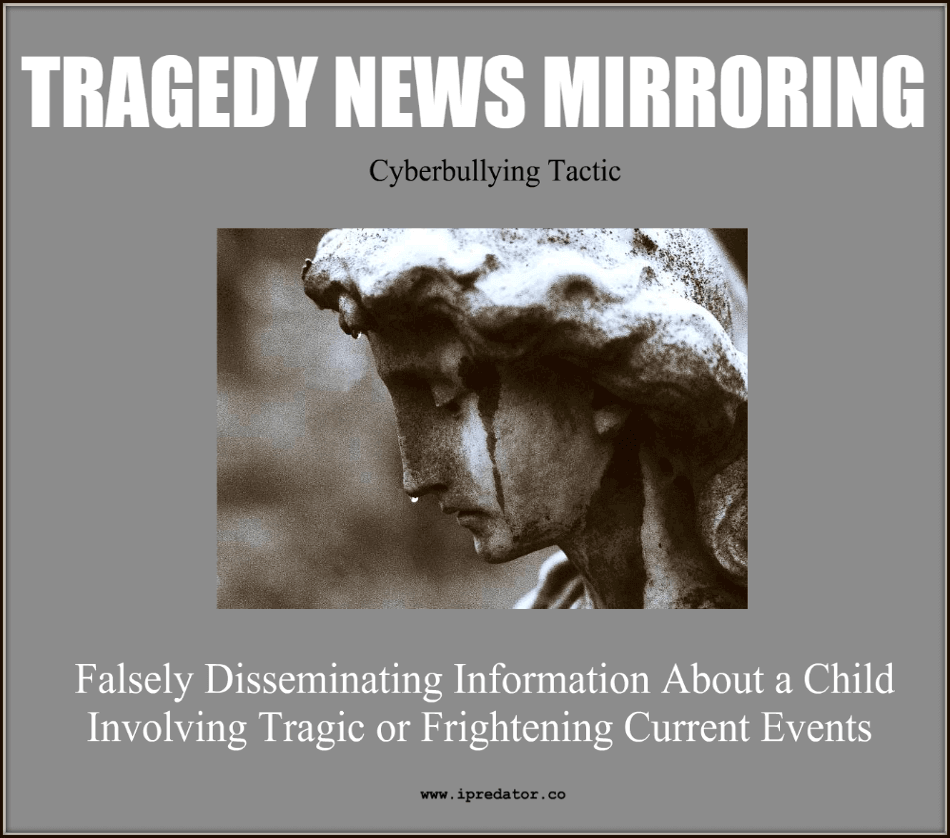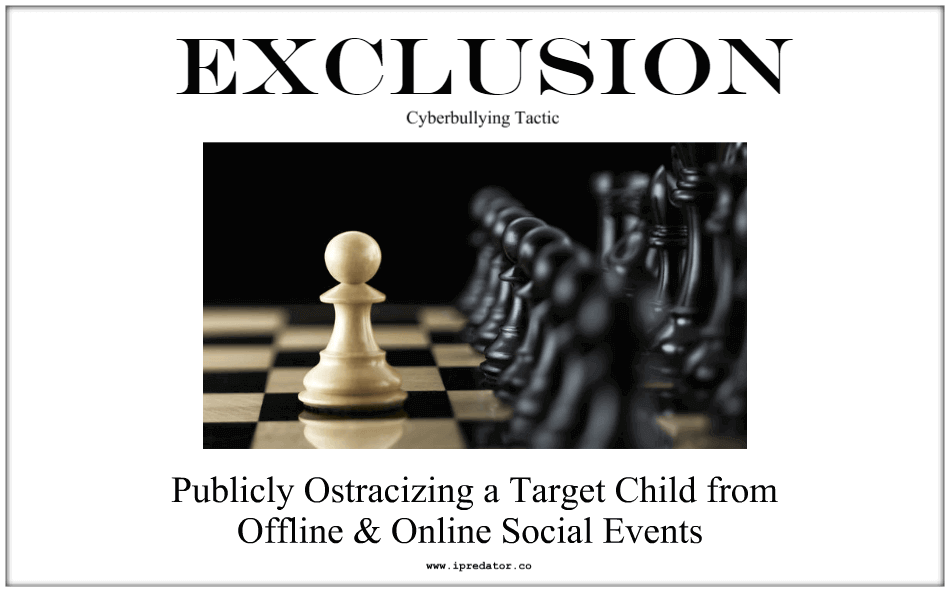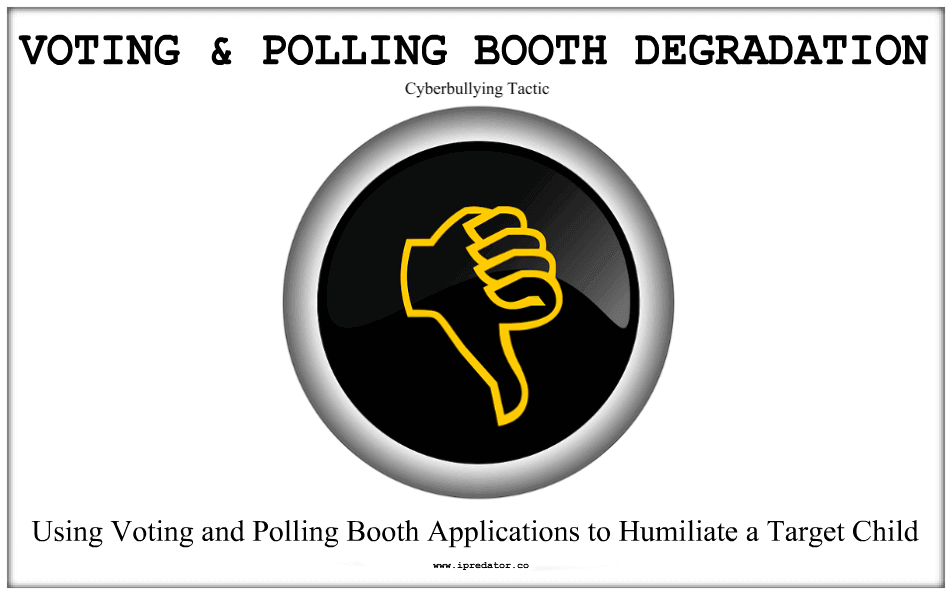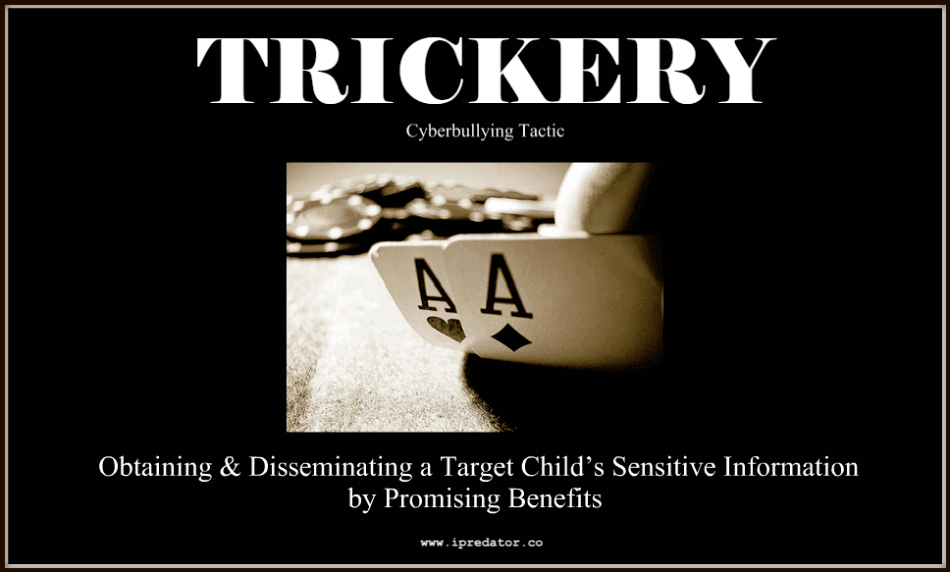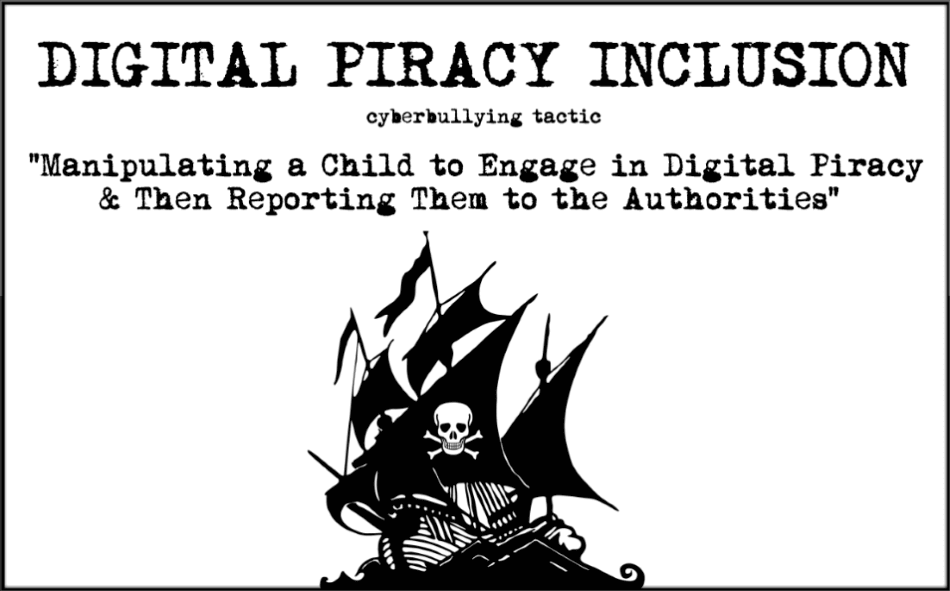20 National Bullying Prevention Month
Cyberbullying Images
National Bullying Prevention Month is every October in the United States. It is during this time of the year that America focuses on bullying and cyberbullying prevention. Bullying and cyberbullying are social problems that can cause serious physical and psychological harm to children and their loved ones. As of 2017, bullying and cyberbullying are still defined as pediatric problems involving minors.
Adult bullying, cyber harassment, internet trolling and workplace bullying are all similar terms used when adults are involved as either aggressor or target. Although this writer views bullying and cyberbullying applying to all ages, they will be presented as a pediatric phenomenon until consensus accepts them as being non-age related.
Stop Bullying & Cyberbullying
With the advent of the Information Age, cyberbullying has become the predominant issue facing all facets of society. So, to help educate citizens of the Information Age, provided below are 20 free cyberbullying tactic images to download, share and edit.
To download and save, simply right-click on any image and then click “save as” to download to your computer or mobile device. All images are ranging from 940-960px wide. They were designed for awareness and educational purposes only. Editing these images to harm other online users is not permitted.
Cyberbullying Defined
Cyberbullying is defined as recurrent and sustained verbal and/or physical attacks by one or more children towards another child using Information and Communication Technology (ICT). Like classic bullying, cyber bullying is harmful, repeated and hostile behavior intended to deprecate another child for reasons other than self-defense.
Cyberbullying involves threatening or disparaging communications delivered through ICT that can occur anonymously, publicly or by using felonious identities. Whereas classic bullying typically involves face-to-face interactions and non-digital forms of communication, online bullying consists of data exchanged via ICT and may never involve face-to-face meetings.
Cyberbullying is an abuse centered interpersonal dynamic that includes aggressors, targets and bystanders. The main developmental issues fueling cyber bullying are peer acceptance, recognition and occasionally retribution. Not all cyberbullying is fueled by dark developmental needs or perceptual distortions. There are instances when children cyberbully other children due to their ignorance or belief that they are joking.
20 Cyberbullying Tactic Awareness Images
PORNOGRAPHY & MARKETING LIST INSERTION
PSUEDONYM STEALTH
GRIEFING
MOBILE DEVICE IMAGE DISSEMINATION
SEXTORTION
WEB PAGE ASSASSINATION
IM ATTACKS
MALICIOUS CODE DISSEMINATION
DENIGRATION
SCREEN NAME MIRRORING
WARNING WARS
INTERACTIVE GAMING HARASSMENT
TEXT WARS & TEXT ATTACKS
PASSWORD THEFT & LOCKOUT
NON-CONSENSUAL MULTIMEDIA DISSEMINATION
TRAGEDY NEWS MIRRORING
EXCLUSION
VOTING & POLLING BOOTH DEGRADATION
TRICKERY
DIGITAL PIRACY INCLUSION
“Not to say that pre-Information Age bullied children were not traumatized, but cyberbullied children are relentlessly tormented 24 hours a day, 7 days a week and 365 days a year.” Michael Nuccitelli, Psy.D. (2014)
iPredator Definition
iPredator: A person, group or nation who, directly or indirectly, engages in exploitation, victimization, coercion, stalking, theft or disparagement of others using Information and Communications Technology [ICT]. iPredators are driven by deviant fantasies, desires for power and control, retribution, religious fanaticism, political reprisal, psychiatric illness, perceptual distortions, peer acceptance or personal and financial gain.
iPredators can be any age or gender and are not bound by economic status, race, religion or national heritage. iPredator is a global term used to distinguish anyone who engages in criminal, coercive, deviant or abusive behaviors using ICT. Central to the construct is the premise that Information Age criminals, deviants and the violently disturbed are psychopathological classifications new to humanity.
Support National Bullying Prevention Month
Whether the offender is a cyberbully, cyberstalker, cyber harasser, internet troll, cybercriminal, online sexual predator, cyber terrorist, online child pornography consumer or engaged in internet defamation or nefarious cyber deception, they fall within the scope of iPredator. The three criteria used to define an iPredator include:
- A self-awareness of causing harm to others, directly or indirectly, using ICT.
- The usage of ICT to obtain, tamper with, exchange and deliver harmful information.
- A general understanding of Cyberstealth used to engage in criminal or deviant activities or to profile, identify, locate, stalk and engage a target.
Unlike human predators prior to the Information Age, iPredators rely on the multitude of benefits offered by Information and Communications Technology [ICT]. These assistances include exchange of information over long distances, rapidity of information exchanged and the seemingly infinite access to data available.
Malevolent in intent, iPredators rely on their capacity to deceive others using ICT in the abstract and artificial electronic universe known as cyberspace. Therefore, as the internet naturally offers all ICT users anonymity, if they decide, iPredators actively design online profiles and diversionary tactics to remain undetected and untraceable.
Michael Nuccitelli, Psy.D.
Michael Nuccitelli, Psy.D. is a NYS licensed psychologist, cyberpsychology researcher and online safety educator. In 2009, Dr. Nuccitelli finalized his dark side of cyberspace concept called iPredator. Since 2010, he has advised those seeking information about cyberbullying, cyberstalking, cybercriminal minds, internet addiction and his Dark Psychology concept. By day Dr. Nuccitelli is a practicing psychologist, clinical supervisor and owner of MN Psychological Services, PLLC. After work and on the weekends, he volunteers helping online users who have been cyber-attacked. Dr. Nuccitelli’s is always available to interested parties and the media at no cost. This website and everything created by Dr. Nuccitelli is educational, free and public domain.
“The Information Age technocentric concept of being “connected” is a paradox of disconnection causing us to lose control of our instinctual drives for social cohesion, allegiance and selflessness. As our dependency upon Information and Communications Technology (ICT) grows, spreading throughout our collective human consciousness, the less we care for our neighbors and the more we delude ourselves into thinking that online connections are far more valuable than reality based relationships.” Michael Nuccitelli, Psy.D. (2014)




